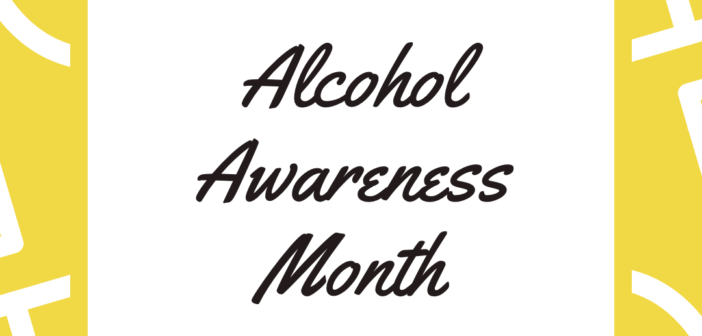By Crystal Smith, Managing Editor
April marks Alcohol Awareness Month, a time for reflection and action on the pervasive issue of alcohol abuse in society.
With millions affected directly or indirectly by alcohol misuse, it’s imperative to reassess our approach to alcohol regulation, including the age at which individuals can legally consume alcohol.
There have been intense arguments on both sides of the legal drinking age debate for decades.
Some people support decreasing the drinking age, pointing to benefits such reducing underage drinking in unsupervised settings, encouraging responsible drinking habits through early education, and harmonizing with other adult rights and duties.
However, many argue that the legal drinking age should be kept or even raised, citing the need to shield children and adolescents from the negative effects of alcohol on their developing bodies and brains. This would also lower the number of youth alcohol-related accidents and fatalities and protect public health and safety.
Europe, where several nations have a lower legal drinking age and are said to have lower rates of alcohol abuse among young adults, is frequently cited by proponents of reducing the drinking age. They contend that by letting minors consume alcohol in places that are watched over, like restaurants or family gatherings, they may instill responsible drinking habits in them at a young age. The minors will be steered clear of binge drinking and the dangerous activities connected to underage alcohol consumption.
On the other hand, advocates of keeping or increasing the legal drinking age highlight the
important advantages postponing the onset of alcohol consumption provides for public health.
Research has repeatedly demonstrated that delaying the commencement of alcohol usage improves young people’s general health outcomes and lowers the likelihood of alcohol dependence as well as accidents, injuries, and fatalities due to alcohol.
Policymakers can protect vulnerable kids from the short- and long-term consequences of alcohol abuse while giving them more time to mature in their decision-making and coping strategies by preserving a higher legal drinking age.
Raising the legal drinking age can also send a message about society norms and expectations around alcohol use, which serves to further emphasize that alcohol is a potentially harmful chemical that should only be used sparingly and carefully. This shift in culture can help foster a more positive view of alcohol and lessen the acceptance of binge drinking among youth.
“I believe that the current legal drinking age is very acceptable. However, I do think that safe drinking should be advocated more frequently,” said Judeah Moss, a junior majoring in business economics.
It is critical to give evidence-based policies that emphasize public health and safety-first priority while the legal drinking age debate rages on.
Rather than concentrating only on the age threshold, policymakers should think about a comprehensive approach that addresses the underlying social determinants of alcohol abuse, enforces strict laws against underage drinking, and includes targeted interventions to address alcohol abuse.
By tackling these complex concerns, we can endeavor to create a safer and healthier environment for everyone, regardless of age!





